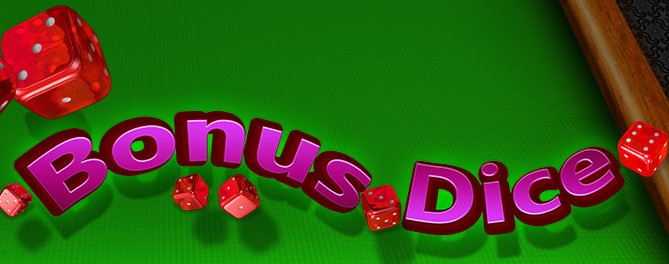
This is the second entry into my series on game mechanics, and I haven’t had to cheat yet – so far, so good. So this week I’m going to talk a little bit about bonus dice.
Bonus dice mechanics are those that grant players permission to roll extra dice in addition to what they would normally be able to roll, generally to the benefit of that player. There are many variations on bonus dice mechanics and how/when they are granted to players, but they usually play one of two functions: either they alter the chance of success on a roll, or they change the magnitude of a roll’s result. Let’s look at some examples.
Probably the most well-known example of bonus dice altering the chance of success comes from D&D 5e, with the mechanics of advantage/disadvantage. When a character has advantage or disadvantage, they roll an extra d20 and take either the higher or lower result, respectively. As the names of the mechanics suggest, the extra d20 represents either the positive or negative circumstances affecting a roll that make success more or less likely. Another prime example of bonus dice altering the chance of success comes from the Narrative Dice System (NDS, used for FFG Star Wars and Genesys). The most common type of bonus dice in the NDS is boost dice. Boost dice can be granted in multiple ways like advantage/disadvantage. In all cases, these bonus dice increase the chance of a successful check and/or to provide mechanical and narrative benefits to a character.
Most RPGs also have ways to get bonus dice that change the magnitude of a roll’s result. The most common form this takes is the addition of dice to a damage roll. Whether through talents, Nat 20s, or favorable circumstances, these extra dice almost always increase the amount of damage a target takes from a successful attack – in other words, it increases the magnitude of the damage.
Another example of magnitude-altering bonus dice comes from one of my new favorite systems, Cortex Prime (check out my pre-release review here). In Cortex Prime, when you want to judge the magnitude of a roll’s outcome, you designate one of the dice in your pool as your Effect Die after you roll. Cortex Prime also has plot points, for which one of the uses is to designate an extra die as an effect die, thus increasing the magnitude of the result. In these examples, the bonus dice don’t alter the chance of success, but they do change how big of an effect a result has.
What is your favorite use of bonus dice mechanics in an RPG? Can you think of any other ways bonus dice can operate than changing the chance of success or the magnitude of a roll? Let me know in the comments!
Do you have thoughts or questions about the article or suggestions for future content? Leave a comment below or drop me a line at jtdimino@d20radio.com.
J.T. Dimino
Latest posts by J.T. Dimino (see all)
- The PC Factory: Aedan the Druid (Old School Essentials) - January 26, 2021
